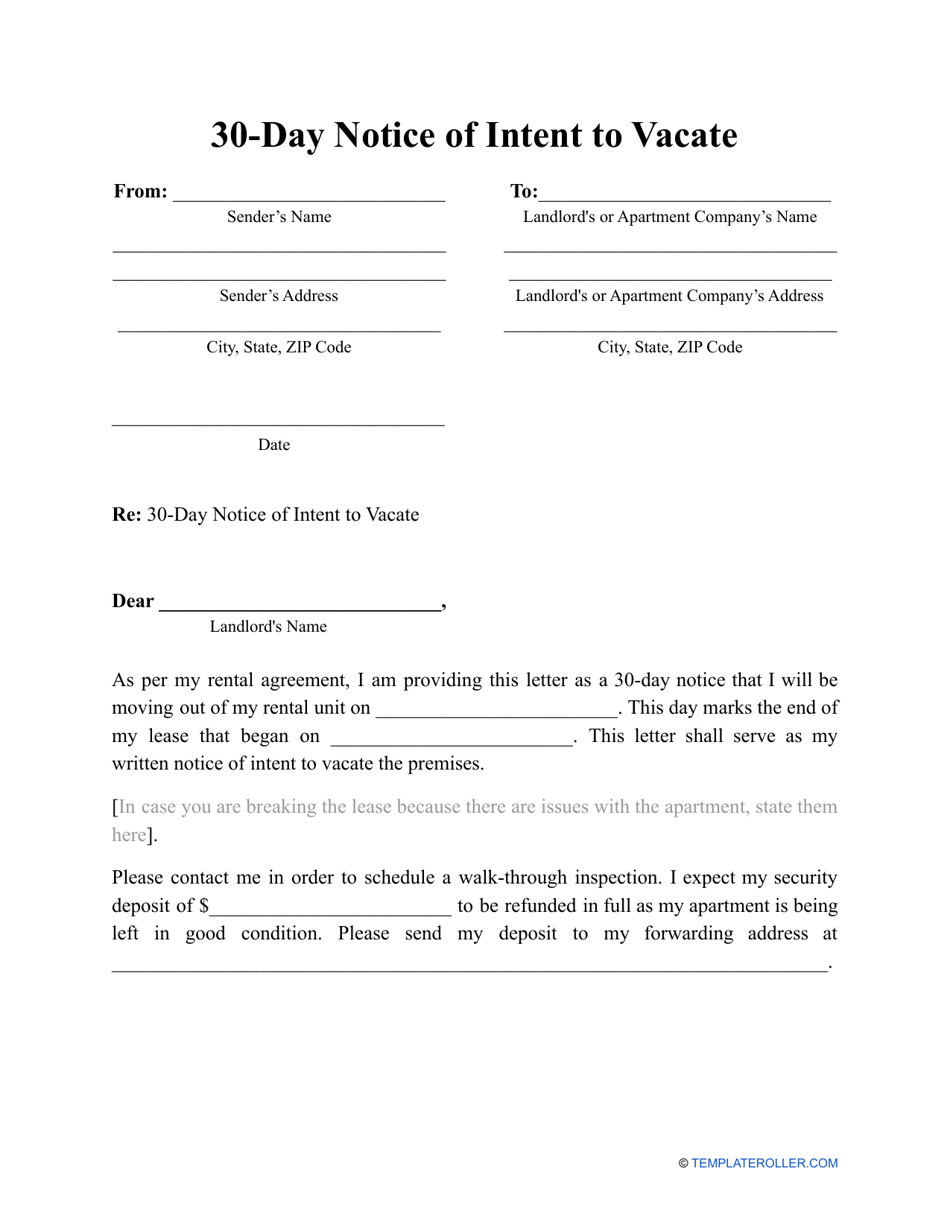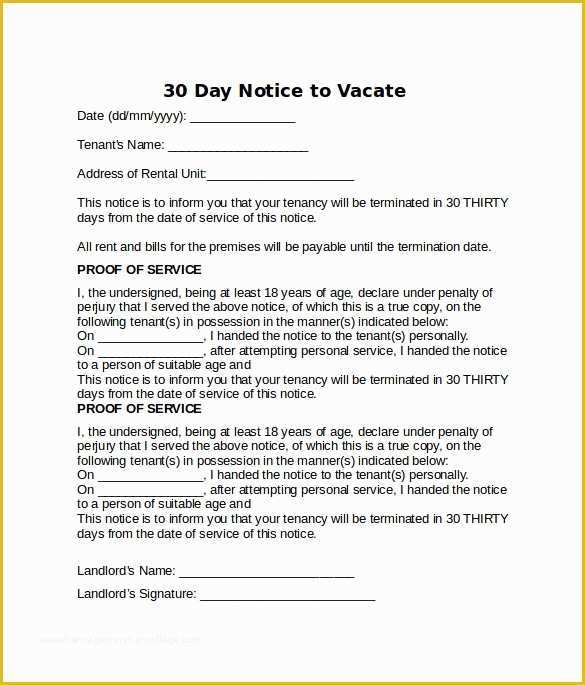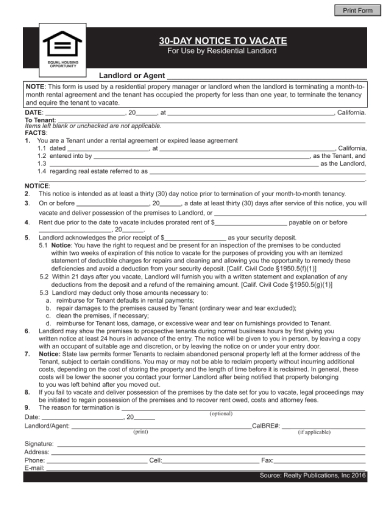

Section 92.333 goes on to describe what remedies a tenant may pursue, including, "a civil penalty of one month's rent plus $500, actual damages, court costs, and reasonable attorney's fees in an action for recovery of property damages, moving costs, actual expenses, civil penalties, or declaratory or injunctive relief, less any delinquent rents or other sums for which the tenant is liable to the landlord.3-day Notice to Perform Covenants or Quit "ngaging, in bad faith, in a course of conduct that materially interferes with the tenant's rights under the tenant's lease.".Raising the rent or ending the lease or.Depriving the tenant of use of the premises.Filing eviction proceedings (unless in certain circumstances listed in Section 92.332, like when a tenant is behind in rent, has intentionally damaged the property, or remains in the property after their lease has ended).

Under this law, a landlord may not retaliate by: (4) establishes, attempts to establish, or participates in a tenant organization.


The eviction hearing cannot take place for at least 10 days after the petition is filed. The federal CARES Act requires a 30 day notice in certain evictions where the property participates in certain federal programs or the property owner has a federally-backed mortgage. They cannot file an eviction suit before they give this notice in writing. Unless the lease agreement says otherwise, the landlord must give the tenant at least 3 days to move out. Until a writ of possession is issued, the tenant can remain in their home. There are many steps in the eviction process that each take a certain amount of time. Search library website find library books hide navigation menuĮviction proceedings do not mean that a tenant will immediately be removed from their home.


 0 kommentar(er)
0 kommentar(er)
